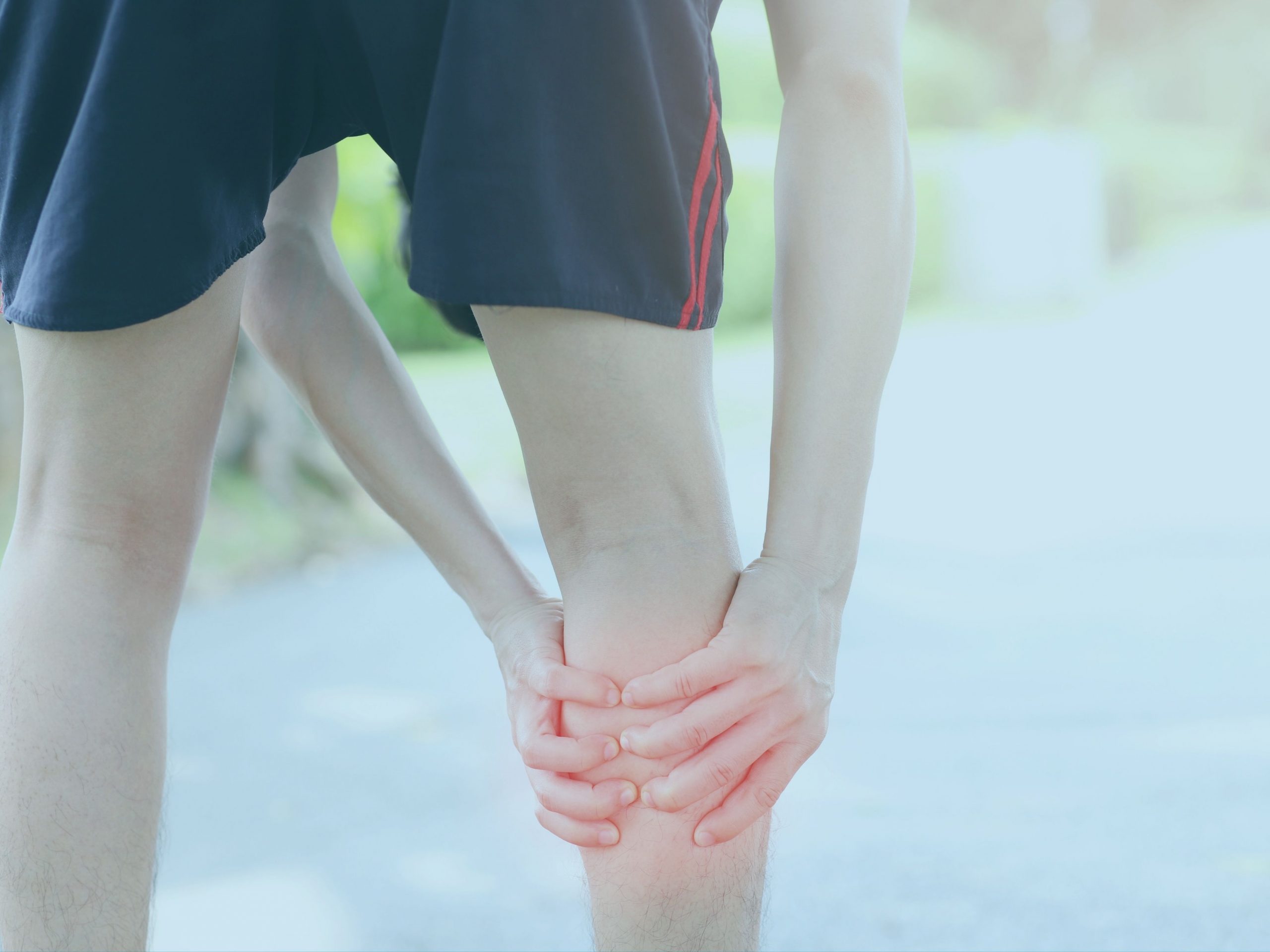Dealing with leg cramps
One thing is for sure, experiencing leg cramps is no laughing matter. The problem is they always seem to come on unexpectedly, and when they do, they cause an almost unbearable pain. What’s worse, it is believed that about three-quarters of all leg cramps happen at night time.
So what exactly is a cramp? What causes them? And what can be done to help manage them?

Leg cramps
What is a leg cramp and what causes them?
Leg cramps can occur in the thigh or even in the feet, but invariably they affect the calf muscle. A cramp is quite simply an involuntary contacting (shortening) of the muscle.
Rather annoyingly, the cause of the cramp is not always known. A cramp with an unknown cause even has its own technical name – an idiopathic cramp. However, there are at least theories as to why they might occur, including the sudden restriction of blood flow or out of the ordinary nerve activity (especially during sleep).
When an underlying cause is identified, it is referred to as a secondary leg cramp. The three most common reasons for these are: as a consequence of pregnancy, excessive exercise or dehydration.
With pregnancy it is simply the added weight that can put a gradual strain on the muscle. With excessive exercise the cramp often occurs during the resting phase (for example when a footballer is walking between sprints). And during dehydration low salt levels can exacerbate the condition.
Should you be worried about cramping?
Two of the indicators for the severity of leg cramps are frequency and duration. For most people cramps are a real nuisance but happen only occasionally. If you find that you are having frequent leg cramps, it may have more serious underlying causes.
As well as the secondary causes outlined above, cramping can also be a result of bacterial infection, the presence of toxins or even liver disease. So if you are having frequent leg cramps, and you are starting to get concerned, it may well be worth a visit to the GP for blood tests.
The duration of the cramps are also important. They can last from anywhere from a few seconds up to as much as 10 minutes. And even after the cramp has diminished you can expect to experience a dull ache in the muscle for a good few minutes more as well. If, however, you are experiencing cramps of longer than 10 minutes, it is again worth consulting with your GP.
What remedies are there for leg cramps?
There are a few simple things you should do to help prevent cramping.
– Firstly, try and make sure you are adequately hydrated. It is much better to sip water throughout the day, than it is to try and re-hydrate quickly.
– Make sure you are maintaining your potassium levels. Low potassium levels can lead to cramps. Bananas are an easy and good source of potassium.
– If you suffer from calf cramps, try some gentle calf stretches just before you go to bed. Also, make sure your bedding is loose.
– And finally, investigate Quinine. It is a medication that has been shown by research to lessen the frequency of cramps.
We hope this information is useful for you. If you have any questions about our treatments, please contact us. You can find us in Mill Hill Broadway and Islington. If you like this blog, please share!
We are always happy to help.



